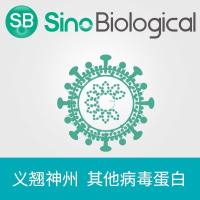Animal Models for Type 1 Diabetes
互联网
819
The incidence of autoimmune diabetes has been steadily increasing in the developed world. A complex interplay between genetic factors and dysregulated immune cells ultimately results in breakdown of self-tolerance against islet beta cell antigens and loss of beta cell mass, which leads to insulin deficiency and persistent hyperglycemia. Much progress in our understanding of immunological mechanisms that underlie autoimmune diabetes has been made in recent years. A significant portion of the experimental investigations have been performed in rodent models of autoimmune diabetes that are reviewed in this chapter. In addition, an understanding of the biochemical characteristics of class II MHC molecules that predispose to autoimmune diabetes and their relationship to selection of the autoimmune T-cell repertoire are discussed. Finally, data supporting insulin as a dominant autoantigen are reviewed along with various effector pathways and cell types that induce islet beta cell death.








